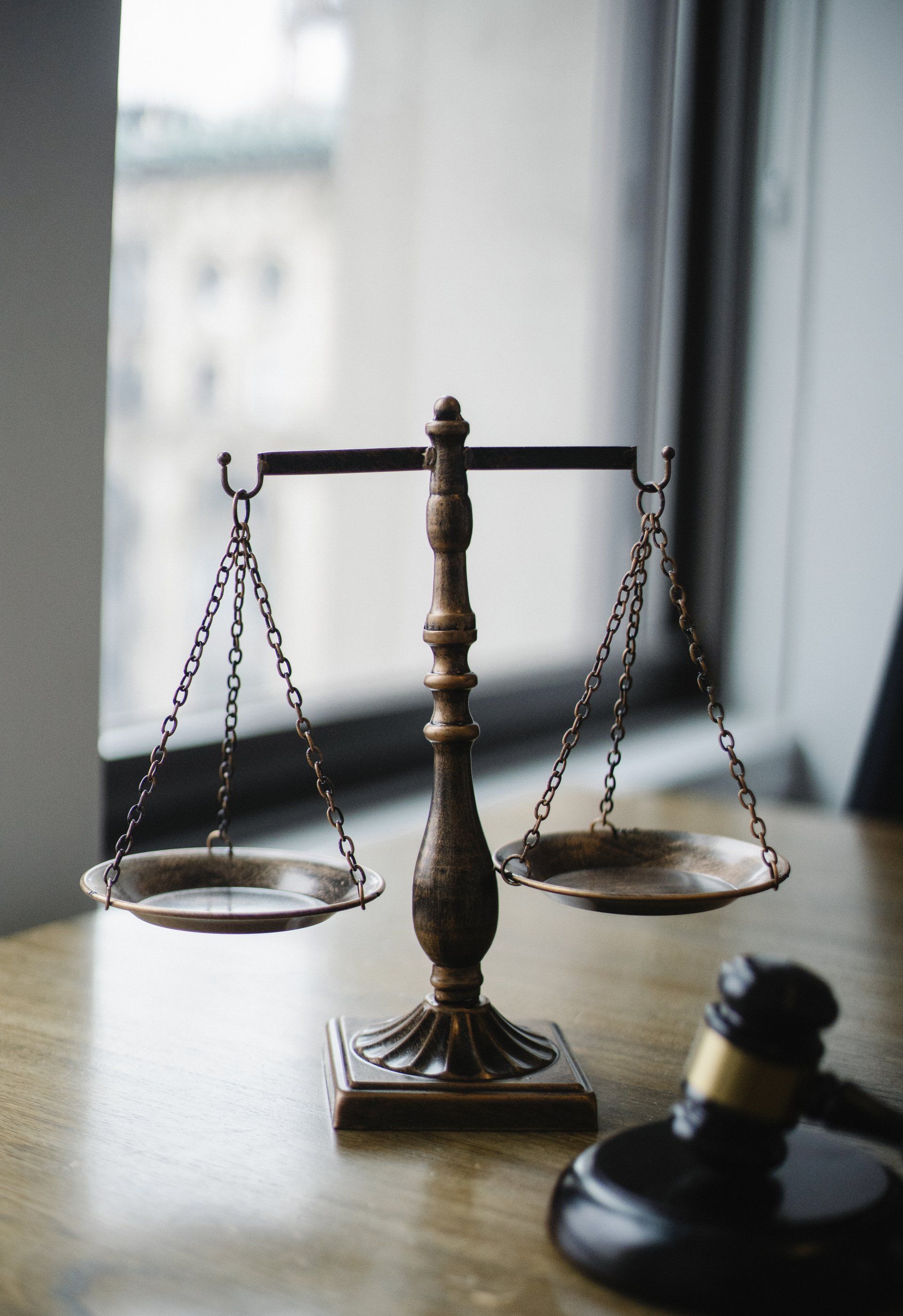Does My Employer Need to Provide a Reason to Fire Me in New York?
Does My Employer Need to Provide a Reason to Fire Me in New York?
What Does At-Will Employment Mean?
Exceptions to At-Will Employment
- Discrimination: Federal and New York state laws prohibit firing an employee based on protected characteristics such as race, gender, age, religion, disability, sexual orientation, or national origin. Employers who fire an employee for discriminatory reasons can face legal consequences.
- Retaliation: Employers are not allowed to fire employees for engaging in legally protected activities, such as reporting workplace harassment, filing a workers' compensation claim, or whistleblowing on illegal activities in the workplace.
- Violation of Employment Contracts: If you have a contract with your employer that outlines specific terms of employment, including reasons for termination, your employer must follow those terms. Terminating an employee in violation of the contract can lead to a wrongful termination claim.
- Public Policy Violations: Employers cannot fire an employee for reasons that violate public policy, such as refusing to participate in illegal activities or exercising legal rights, like taking family or medical leave.










